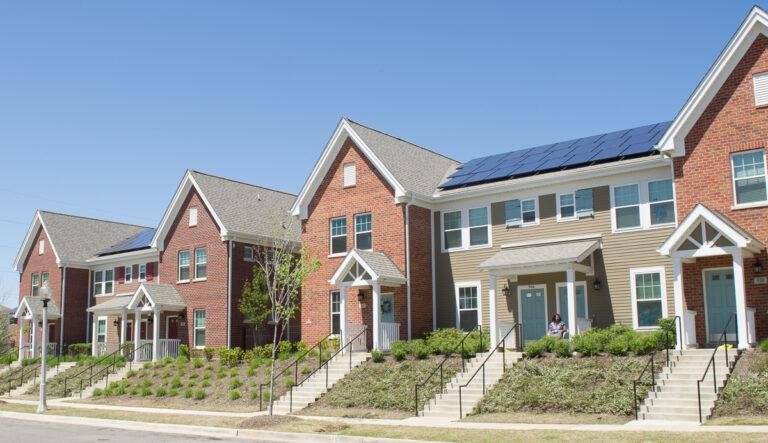As the current economic situation poses significant challenges to the housing needs of civil servants, it is essential to explore innovative and sustainable solutions to provide affordable housing options.
Accommodation is part of a worker’s life ambition before and after retirement, which the government has recognized and is tirelessly working towards.
The current collaboration with private developers to design, build, and manage affordable housing projects has not benefited average Nigerian workers and individuals due to the exorbitant price tags on the houses.

The current experience of collaboration with private developers to design, build, and manage affordable housing projects does not benefit average Nigerian workers and individuals. They are not affordable as a result of the exorbitant price tag on the houses.
In curbing the situation, there is a need to review and offer subsidized mortgage schemes to civil servants, with reduced interest rates and lower down payments. This can make home ownership more accessible and affordable.
READ ALSO: Real Estate Sector Reacts to CBN’s Interest Rate Hike: Calls for Affordable Mortgages-AIHS
Restructure the rent-to-own schemes, allowing civil servants to rent a property with the option to purchase it in the future while a deduction is made from the salary source.
Tax breaks or tax Reductions on salary could be considered as taxes taking much of the worker’s salary, offering government grants, or other incentives to encourage private developers and individuals to invest in affordable housing projects with better supervision and control.
READ ALSO: FG Inaugurates Family Homes Fund Board, Promises Affordable Housing for Low-Income Earners
If the need arises, Investments could be pooled from the government, private sector, and civil servants themselves to finance affordable housing projects. This can help share risks and reduce costs and acceptability.
The pertinence of all is to streamline regulatory approvals and minimize bureaucratic hurdles to reduce development costs and time.



